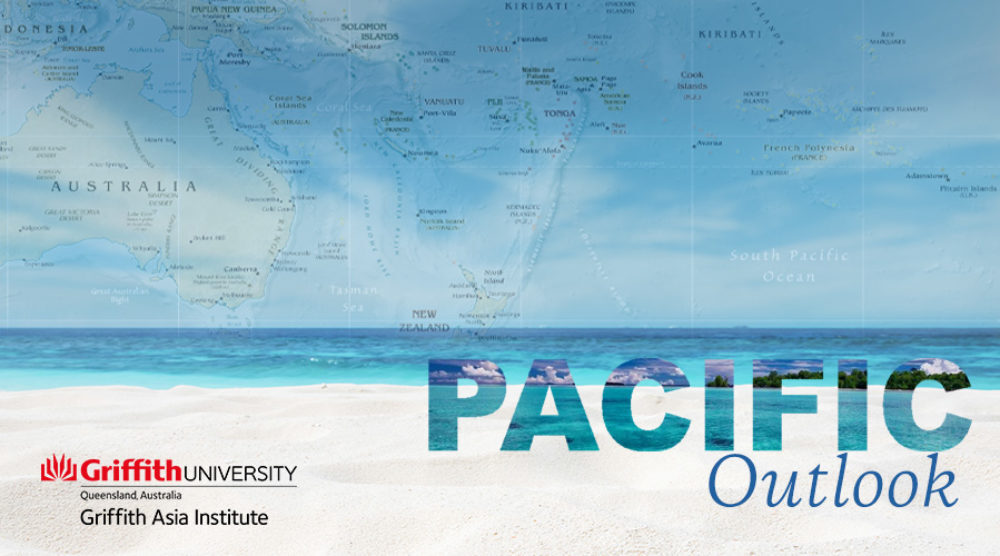Micronesian countries announce their intention to leave the Pacific Islands Forum
Further to the decision to appoint Henry Puna as Secretary-General of the Pacific Islands Forum, the Micronesian Presidents’ Summit (MPS) met online during Monday.
A communiqué was issued early Tuesday morning. It restates their position that they no longer see value in membership of the PIF if the ‘gentlemen’s agreement’ to rotate the position of SG between the sub-regions is no longer observed.
The communiqué states that the members of the MPS (Federated States of Micronesia, Kiribati, Nauru, Palau and the Republic of the Marshall Islands) have agreed to “initiate the formal process of withdrawing from the Pacific Islands Forum”.
Whilst this is a jointly agreed position there does appear to be some wiggle room as the statement includes a proviso that the final decision to quite the Forum rests with individual countries.
High-level deportation from Fiji
In a move that has sent shock waves across the region, the Vice-Chancellor of the University of the South Pacific has been deported by the Bainimarama government in Fiji. Professor Ahluwalia Pal and his wife Ms Sandra Price are now in quarantine in Brisbane. They were detained in the middle of the night Wednesday Feb 3rd and driven to Nadi under guard where they were put onto a plane.
The Fiji government has claimed that the deportation came further to multiple breaches of the couple’s residency permits. No information has been forthcoming as to what those breaches are.
USP Council held a special meeting online on Friday February 5th. Further to that meeting a sub-committee will investigate the circumstances of this deportation and what it means for Professor Pal’s continuing employment at the University. The subcommittee will be led by President Lionel Aingimea of Nauru.
New Secretary-General at the Pacific Islands Forum
The leaders of the Pacific Islands Forum have selected a new Secretary-General. He is Henry Puna. He stood down as Prime Minister of Cook Islands in late 2019 to contest for the position.
The announcement of his appointment came after a marathon session conducted online and via telephone. Several factors led to the process being particularly fraught and somewhat acrimonious. The leaders of five Micronesian countries had consolidated their support around Ambassador Gerald Zackios as their candidate. They referred frequently to the ‘gentlemen’s agreement’ they believe stipulates that the position of SG should rotate between the sub-regions and that it was Micronesia’s turn to take the position.
The aftermath has been tumultuous. On Friday, Palau advised the government of Fiji that it was closing its embassy in Suva in light of the fact that it was leaving the PIF.
Bougainville and PNG Leaders meet in Arawa
The leaders of the governments of Bougainville and Papua New Guinea have met in Arawa alongside a meeting of the Joint Supervisory Body (JSB). This body is tasked to oversee the consultation and negotiation process further to the independence referendum held in 2019.
The work of the JSB had been significantly delayed during 2020 as a result of Covid-19. Both leaders have now reaffirmed their commitment to the process. Under the terms of the Bougainville Peace Agreement, the referendum result –overwhelmingly in favour of independence – has to be ratified by the Parliament of PNG.
The leaders agreed that the first joint consultation meeting will be held in early March. It will be convened in Kokopo in East New Britain province.
Prime Minister Marape announced the release of K146.7 million (AU$ 54.2 million) to the Autonomous Government of Bougainville. This forms the first tranche of 2021 funding to the provincial authority.
Vaccine variables
As we saw from the outcomes statement of the PIF leaders’ retreat, the timely and equitable rollout of vaccines is at the heart of how countries in the Pacific will recover from the impacts of COVID-19.
In some parts of the region, vaccination programmes are already underway, most notably in the US Compact States (Federated States of Micronesia, Palau and Republic of Marshall Islands), and the French territories.
Numerous bilateral partners, including Australia, have made pledges of support to other Pacific island countries. They cover both procurement of vaccines and provision of support to deal with issues such as logistics and community education to support a rollout. However, there is still a lack of detail as to the exact timeline for these programmes.
There is the potential for the Pacific islands region to become a site for delicate vaccine diplomacy as we have already seen in Papua New Guinea. There the government denied claims by the People’s Republic of China that the two countries had agreed for PNG to receive vaccines from Beijing.
Tess Newton Cain is an Adjunct Associate Professor at the Griffith Asia Institute and project lead of the Pacific Hub.








